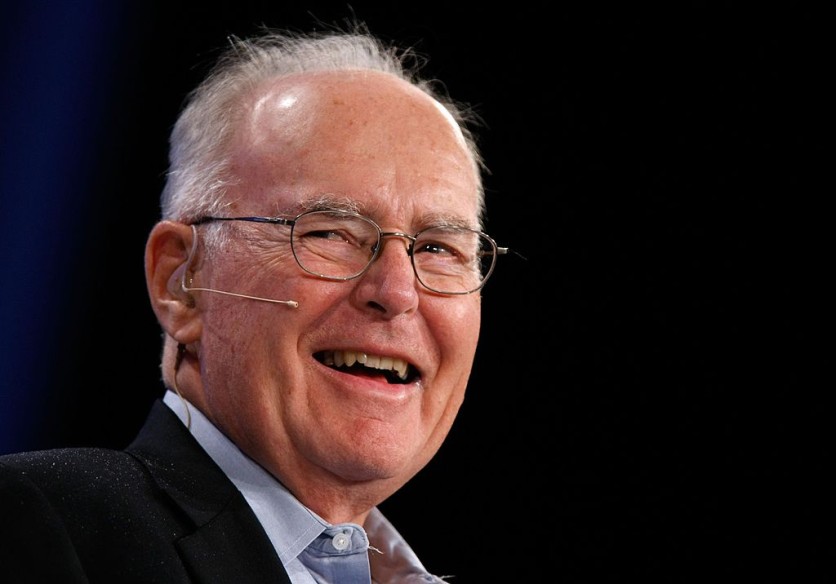Gordon Moore, the co-founder of Intel Corporation, passed away on Friday, March 25, at his home in Hawaii at 94 years of age, reported first by AP.
The news of his death has left the tech industry in mourning as he was widely known as a visionary who set the pace of progress in the digital age.

Moore's Law
Moore made his famous prediction in 1965 about how quickly engineers would boost the capacity of computer chips. His observation, now known as "Moore's Law", stated that the capacity and complexity of integrated circuits would double every year.
This prediction became a standard for the tech industry's progress and innovation.
Aside from his contributions to the tech industry, Moore was also known for his philanthropy. He and his wife established the Gordon and Betty Moore Foundation, which focuses on environmental conservation, science, patient care, and projects in the San Francisco Bay area.
The foundation has donated over $5.1 billion to charitable causes since its founding in 2000.
Early Life
Born in California in 1929, Moore took a liking to chemistry sets as a boy. He obtained his Ph.D. from the California University of Technology in 1954 and worked briefly as a researcher at Johns Hopkins University.
Moore's interest in microchips began when he went to work for William Shockley, who shared the Nobel Prize for physics for inventing the transistor.
After becoming dissatisfied with the management style at Shockley Semiconductor Laboratory, Moore and seven coworkers departed.
The "traitorous eight's" defection laid the groundwork for Silicon Valley's renegade culture, where programmers who disagreed with their coworkers did not hesitate to become opponents.
One of the first businesses to produce the integrated circuit, a development of the transistor, was Fairchild Semiconductor, founded in 1957 by the Shockley defectors.
The earliest computers that astronauts used in spaceships were also built with Fairchild processors.
Founding Intel
One of the eight engineers who left Shockley, Robert Noyce, joined up with Moore to form their own company in 1968.
They started Intel, a company whose name was created by fusing the words "integrated" and "electronics," with $500,000 of their own money and the support of venture financier Arthur Rock.
In 1975, Moore was appointed the head of Intel. Although he stepped down as CEO in 1987, he continued to serve as chairman for another ten years. From 1997 to 2006, he served as chairman emeritus.
Gone But Not Forgotten
President George H.W. Bush awarded Moore the National Medal of Technology in 1990, and President George W. Bush gave him the Presidential Medal of Freedom in 2002.
Moore maintained his reputation for modesty despite his fame and success. Moore's Law was described by him as "a lucky guess that got a lot more publicity than it deserved" in 2005.
Moore leaves behind his 50-year wife Betty, his sons Kenneth and Steven, as well as four grandchildren.
The legacy of Gordon Moore will continue to inspire future generations of technologists and entrepreneurs who strive to innovate and make the world a better place.
Related Article : Intel Appoints Stuart Pann to Lead Intel Foundry Services

ⓒ 2025 TECHTIMES.com All rights reserved. Do not reproduce without permission.




